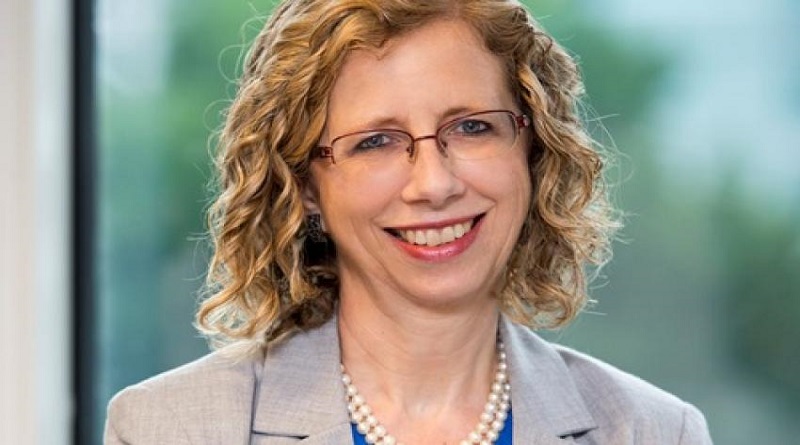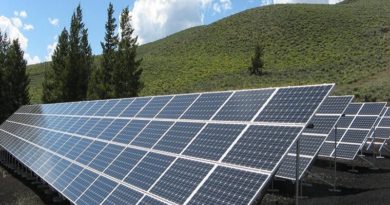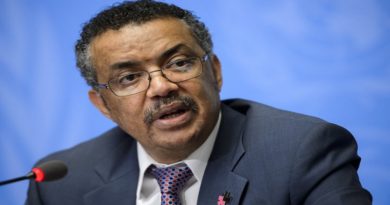UNEP launches two calls for funding on chemicals, waste management projects
The Special Programme and the Specific International Programme launched their call for funding, coinciding with the International Day of Multilateralism on April 24.
The UN Environment Programme Special Programme and the Specific International Programme (SIP) of the Minamata Convention on Mercury launched their call for funding, coinciding with the International Day of Multilateralism on April 24. These initiatives aim to support developing countries and countries with economies in transition in their efforts to manage chemicals and waste, including mercury.
Eligible countries are invited to submit their proposals for projects focused on the sound management of chemicals and waste, and mercury. These proposals will be funded through two separate direct-access funds: the SIP and the Special Programme, eliminating the need for an implementing agency. This simplified process is designed to encourage broader participation and more immediate impact while taking care to avoid duplication.
The SIP supports the implementation of the Minamata Convention, offering funding for projects ranging from USD 50,000 to USD 250,000. Applications are due by July 31, 2024, with no applicant contribution required. This funding stream is intended to help Parties meet their obligations under the Minamata Convention, focusing on addressing mercury pollution and protecting human health and the environment from the harmful effects of mercury.
The Special Programme is designed to promote mainstreaming and institutional strengthening across the chemicals and waste Multilateral Environment Agreements (MEAs) and the Global Framework on Chemicals. Funding is offered for projects of up to USD 275,000 (exceptionally, and subject to additional appraisal criteria, up to USD 500,000) with a co-financing requirement of at least 25% of the amount requested, which can be provided in kind. Project proposals should adopt a cross-cutting approach that seeks to enhance the implementation of the Basel, Rotterdam and Stockholm Conventions, the Minamata Convention and the Global Framework on Chemicals. Applications should be submitted to the Special Programme by 23 August 2024.
To assist potential applicants, the Minamata Convention Secretariat and the Special Programme Secretariat will host webinars where stakeholders can get detailed guidance on preparing successful applications and which funding channel to apply for. More information on these webinars will be provided in due course.
By facilitating cooperation and supporting countries in their chemicals and waste management efforts, these funding opportunities offer a path to tangible results in reducing environmental pollution. These initiatives underscore the importance of multilateralism and international cooperation in tackling global environmental challenges.
Special Programme
The Special Programme has to date approved 83 projects for funding in 70 countries in Africa, Asia Pacific, Central and Eastern Europe and Latin America and the Caribbean with combined budgets of USD 21.8 million. These country-driven projects respond to national needs and priorities while seeking to strengthen institutional capacity for the sound management of chemicals and waste and to enhance the implementation of the chemicals and waste Conventions, including the Minatama Convention, and the Global Framework on Chemicals. The Special Programme Executive Board decided to launch the eighth round of funding under the Special Programme at its ninth meeting held from 8-10 April 2024. The Special Programme is funded by voluntary contributions from its donors, comprising to date: Austria, Belgium, Denmark, European Union, Finland, Germany, Netherlands, Norway, Sweden, Switzerland, the United Kingdom of Great Britain and Northern Ireland, and the United States of America.
Specific Internationa Programme (SIP)
The Specific International Programme (SIP) has to date funded 24 projects in 22 developing country Parties and Parties with economies in transition. The SIP has supported eligible Parties, including Small Island Developing States (SIDS) and Least Developed Countries (LDCs), in Africa, Asia Pacific, Central and Eastern Europe and Latin America and the Caribbean. In three rounds of applications, the SIP has provided over USD 5.1 million of funding to approved projects.
These projects directly supported the implementation of specific obligations of the Convention through a variety of activities ranging from mercury waste management to phasing out mercury-added products, reducing the presence of mercury in vulnerable populations, improving mercury inventories, developing regional hubs for mercury analyses, and developing or improving relevant legislation.
The SIP Governing Board decided to launch the Fourth Round of applications to the SIP at its Ninth Meeting in April 2024.
The SIP Fourth Round is made possible with generous donor contributions to the Specific Trust Fund from Austria, Denmark, France, Germany, the Netherlands, Norway, Sweden, Switzerland, the United Kingdom and the United States.



